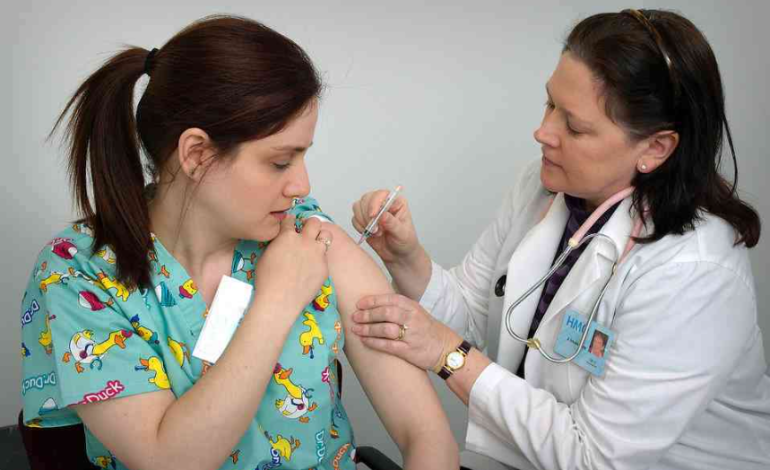
Ways to Enhance Heart Health

Heart disease is the leading cause of death in the U.S., and many people are looking for ways to improve their heart health and reduce the risk of heart-related issues. While some genetic factors are out of our control, the good news is that the choices you make can have a significant impact on your heart health. There are many steps you can take to keep your heart in great shape.
So, what can you do to improve your heart health and lower the chances of having a heart attack or other major heart problems?
Are there natural ways to strengthen your heart? If you’re looking for natural ways to strengthen your heart, the best place to start is with regular exercise. Experts recommend at least 150 minutes of aerobic exercise each week, which is about 20 minutes a day.
Aerobic exercise, often referred to as “cardio,” gets your heart rate up and keeps it elevated for a while. You should be slightly out of breath but still able to talk, just not sing. Activities like brisk walking, dancing, hiking, sports, or even jumping on a trampoline are all great options that can be fun and effective.
Along with cardio, strength training is also important. It helps maintain a healthy body weight and may improve your cholesterol levels.
However, it’s important to remember that there is such a thing as too much exercise. While being inactive is harmful to your heart, pushing your body too hard can also lead to heart damage. It’s crucial to exercise regularly, but just as important to rest and allow your heart time to recover. Experts generally recommend taking one full day off from intense exercise each week. On that day, it’s fine to take a gentle walk, but avoid pushing yourself too hard.
What else can you do to improve heart health? In addition to exercise, here are some other high-impact actions you can take to improve your cardiovascular health:
- Quit smoking: Smoking damages your blood vessels and increases the risk of blood clots, which can lead to heart attacks or strokes.
- Maintain a healthy weight: Being significantly overweight increases the risk of heart disease, especially if the weight is mostly around your abdomen. While weight is not a perfect indicator of health, if medical tests show that your weight is affecting your health, it’s important to address it.
- Eat more fruits and vegetables: These foods are packed with nutrients that support the health of your cells and overall body function.
- Eat less saturated fat: Found in red meat, dairy, and butter, saturated fat has been linked to a higher risk of heart disease. Some recent studies have questioned this, but many health organizations still recommend cutting down on saturated fat to lower your heart disease risk. Saturated fat from red meat seems to be more harmful, while fat from dairy may have a lesser impact on heart health.
- Manage stress: High stress levels can increase your risk of heart attack. If you’re feeling stressed, it’s important to find ways to manage it, such as through meditation, yoga, or finding a less stressful job.
- Get enough sleep: People who get less than seven hours of sleep each night are more likely to experience issues like high blood pressure or heart attacks. Aim for 7 to 8 hours of sleep each night.
These are some of the most important things to focus on when aiming to improve your heart health.
To determine your risk of a heart attack, it’s a good idea to check your cholesterol and triglyceride levels. This is usually done through a lipid panel. There are different types of cholesterol, some of which are linked to a higher risk of heart disease, while others can help protect your heart.
If you’re concerned about your heart health, you may want to get this test done. You can ask your doctor to order it, or you can get a home testing kit. If your results show abnormal cholesterol or triglyceride levels, it’s important to follow up with your doctor to discuss the next steps.





